The Birkbeck Institute for the Study of Antisemitism holds seminars, workshops and conferences for scholars, and lectures, discussions and film screenings that are open to everyone.

Professor Snyder will explore the ways that different sorts of antisemitism can themselves bring about conflicts that are meaningful or even decisive to the history of the European Jews.

The Symposium will consider the findings of the major survey into antisemitism in Europe carried out by the European Union Agency for Fundamental Rights (FRA). It also introduces new UK-specific findings into the debate based on the Institute for Jewish Policy Research’s continuing analysis of the data.

The workshop will compare extreme right movements across Europe and consider the circumstances that have nurtured them. It will facilitate consideration of their practices, ideologies, cultural forms, appeal and use of new technologies; discussion of how the past of fascism and Nazism shapes but also differs from contemporary developments; and the exchange of views on how best to understand and respond to this challenge.

This three day international conference will examine ‘race’ and ‘labour’, two of the great mobilising forces which shaped Germany in the modern world, exploring their interaction in a wide range of contexts. The chosen timeframe is broad, stretching from the early nineteenth century to questions concerning labour and race in the Third Reich and post-war Germany.

It is often argued that the Hitler regime was profoundly influenced by the ‘stab-in-the-back’ myth generated by the German collapse in 1918. In World War II the anxiety that the home front might collapse was fuelled by the escalating bomber offensive and the widespread popular belief that urban communities would not be able to withstand the bombing.

This conference will explore the rise and impact of nationalism on parliaments and political organisation. It will also examine the collective experience of a continent in how to resolve, or fail to resolve, cultural oppositions through institutional means.

This discussion will explore how the fit between democratic institutions and national identities and aspirations is being challenged across Europe.
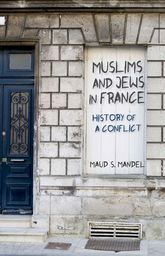
Professor Mandel will speak about the global, national and local origins of the conflict that has long shadowed Muslim-Jewish relations in France, challenging the belief that rising antisemitism in France is rooted solely in the unfolding crisis in Israel and Palestine.
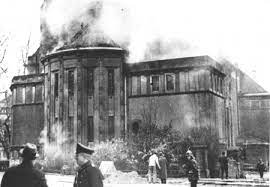
In this half-day workshop leading scholars will examine this question in three different contexts: nineteenth-century Germany, the Russian Empire in the late-nineteenth and early-twentieth centuries, and Poland in the aftermath of the Second World War.

The event will be divided into a series of four panels: Historiography, Fiction, Memorialisation and Education. Each panel will comprise two ‘paired’ contributions, one dealing with the legacies of the Holocaust and one with the legacies of African enslavement.

Involving academics from all over the world, the conference will explore the ways in which violence against religious groups, ethnic groups and visible minorities, as well as against women and sexual minorities, has been incorporated into larger political projects and into the subsequent construction of different communities.
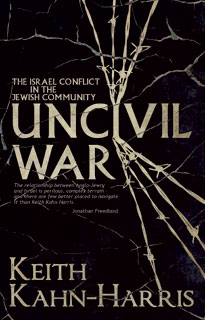
Diana Pinto and Keith Kahn-Harris, join David Feldman, Director of the Pears Institute, to explore the perennial, perplexing question – why do Jews disagree so much on the issue of antisemitism?
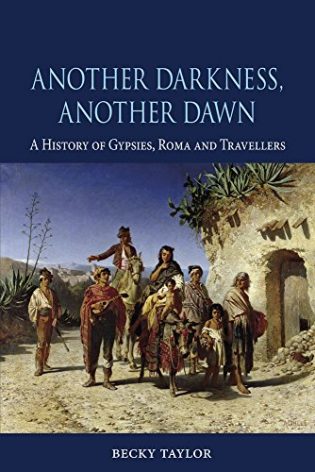
This round-table discussion considers the histories, connections and disconnections between groups and peoples which mainstream society frequently classes as ‘outsiders’. Taking Becky Taylor’s new book as its starting point, speakers will explore the experiences and prejudices that have shaped the lives of marginalised groups in twentieth century Europe including Roma, Jews, refugees and homosexuals.

This event will launch the report ‘Integration, Disadvantage and Extremism’, produced by researchers from the University of Oxford and Birkbeck, University of London, for the All-Party Parliamentary Group Against Antisemitism. The report examines what drives extremism in British society.

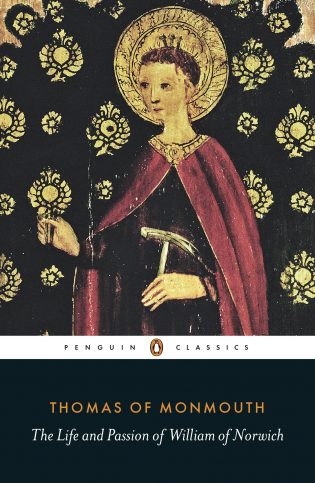
Miri Rubin’s lecture demonstrates the involvement of scholars and monks, bureaucrats and opportunists in attempts to make the accusation work. The story of child murder – first told in Norwich around 1150 – is as revealing about Christians as it is about Jews, both in the Middle Ages and since.
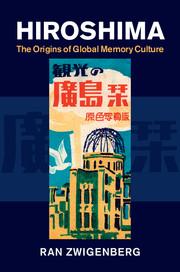
Zwigenberg’s talk will concentrate on the narratives of sacrifice and victimization that were central to the postwar reimagining of the A-bomb survivors as symbols of resistance and as moral authorities in the Japanese and international peace movements; and to the wider connections of this history to that of victims of the Holocaust.

This panel discussion will reflect on the ways in which antisemitism figured in the controversies caused by the conflict. The speakers, representing a range of views on both Israel and Palestine and on the nature and significance of antisemitism in Britain, will explore: is there a climate of rising antisemitism in Britain?
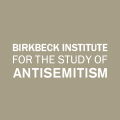
The Birkbeck Institute for the Study of Antisemitism explores the pattern of antisemitism both today and in the past. We connect research on antisemitism to the wider study of racialization and intolerance.